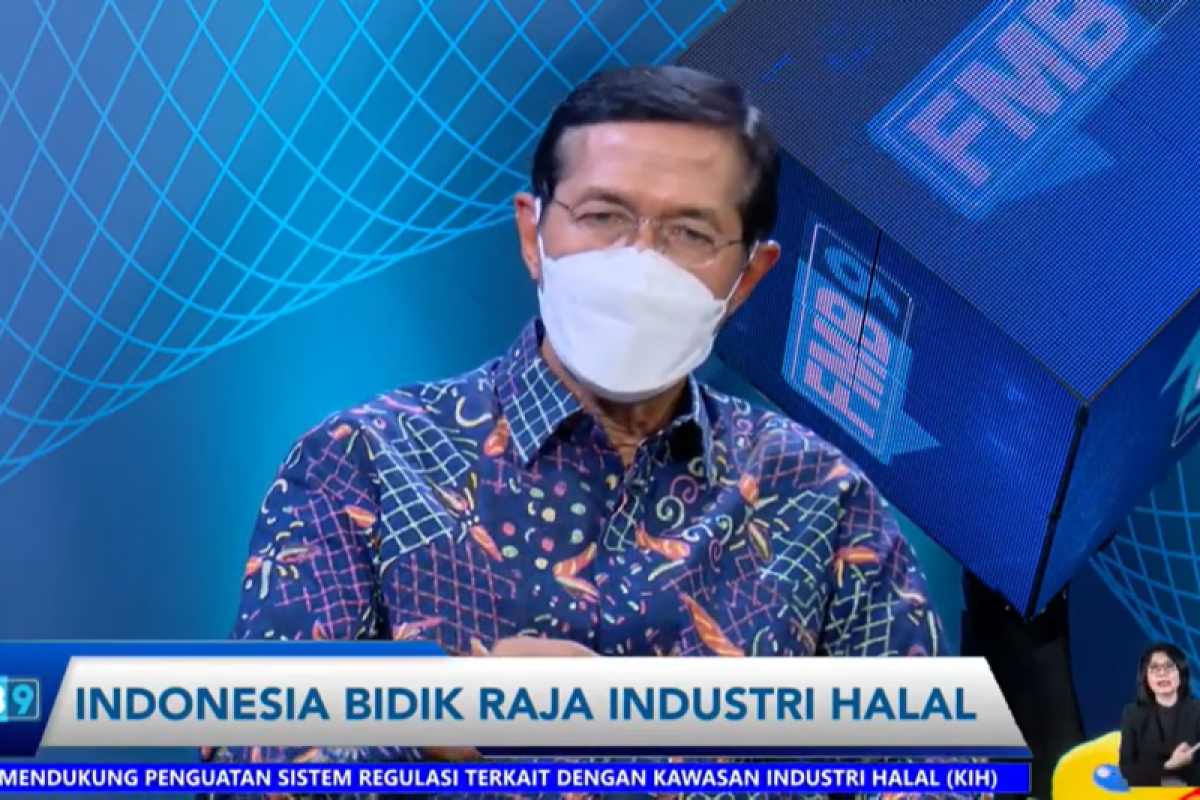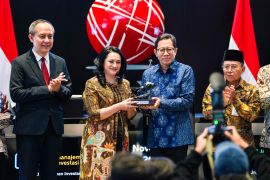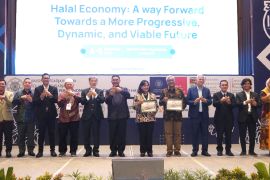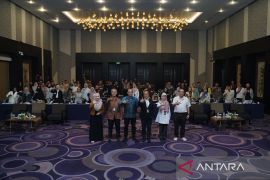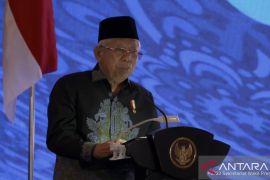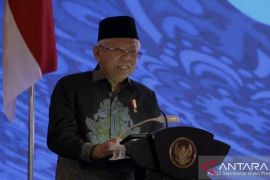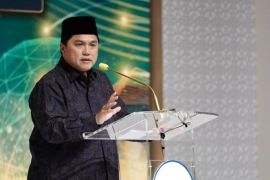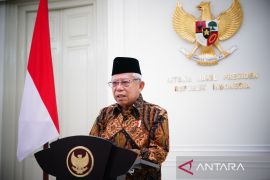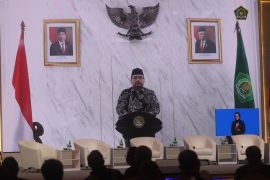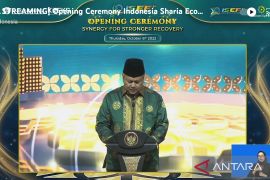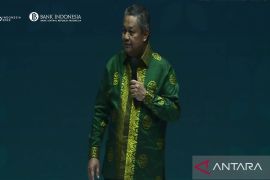The government has seen the development of the halal industry, something that has great potential from an economic point of viewJakarta (ANTARA) - The sharia economy in Indonesia will develop and continue to grow in line with the increasing demand for sharia-based products and services, according to the National Committee for Islamic Economy and Finance (KNEKS).
"The government has seen the development of the halal industry, something that has great potential from an economic point of view," KNEKS executive director Ventje Rahardjo said at the Merdeka Barat Forum, which was accessed online from Jakarta on Monday.
According to Rahardjo, the use of sharia products and services has become a lifestyle for the Indonesian people, especially the millennial generation, which is the largest population segment in the country.
However, currently, Indonesia is still limited to being a consumer of existing halal industrial products, he noted.
Therefore, he said, the government is serious about developing Islamic economy and finance and has showed this commitment by establishing KNEKS.
Rahardjo listed several focus areas for sharia economic and financial development: the development of the halal industry, the development of sharia social financial services, and the development of entrepreneurs or business actors in the sharia economic sector.
The Islamic economy and finance in Indonesia will become an ecosystem where stakeholders are mutually integrated, he said.
In addition, the government is building infrastructure that can support the development of the sharia industry in Indonesia, he added.
"We discussed with the National Research and Innovation Agency (BRIN); BRIN's support is extraordinary in trying to build a special halal laboratory, which will appear in Indonesia in the near future," Rahardjo said.
The halal laboratory will make halal products for various goods that are currently produced without using halal raw materials, such as vaccines, medicines, or cosmetics, he added.
In addition to sharia financial services, currently, Indonesia also has a large Islamic bank, namely Bank Syariah Indonesia (BSI), which has been formed from sharia banks and subsidiaries of state-owned banking companies, Rahardjo said.
With the existence of BSI, which is included in the top 10 Islamic banks in the world, Islamic financial services will also develop, he projected.
He also revealed the strategy taken by the Indonesian government to develop the sharia industry based on the digital economy in order to be competitive adding that various products in the form of sharia goods and services will be accessible more easily through the existing marketplace.
Related news: Digitalization can strengthen competitiveness of sharia economy: KNEKS
Related news: Halal MSMEs require strong support to bolster export market: VP
Related news: Sharia economy need of future: economist
Translator: Aditya R, Azis Kurmala
Editor: Sri Haryati
Copyright © ANTARA 2021
